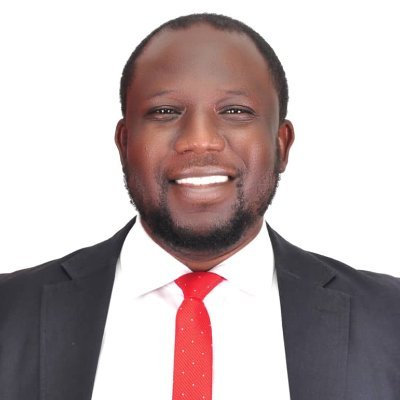
As Nigeria joins the rest of the world in commemorating World Malaria Day 2025, public health expert, Dr. Solomon Chollom has urged for urgent and sustained action to eliminate malaria in the country.
This year’s global theme, “Malaria Ends With Us: Reinvest, Reimagine, Reignite,” serves not just as a slogan but as a powerful call to action, according to Chollom.
Speaking to journalists in Abuja on Friday, Chollom emphasised that increased investment and innovation are critical to combating malaria, especially in a country where the disease continues to take a heavy toll on lives and the economy.
World Malaria Day, first observed in 2007, shines a spotlight on the ongoing global fight against malaria, and for Nigeria, the stakes remain especially high. According to the World Health Organisation (WHO), Nigeria currently accounts for about 27 percent of the world’s malaria cases and 32 percent of global malaria deaths – a staggering proportion that hinders progress in health and development.
“In 2023 alone, an estimated 68 million Nigerians were diagnosed with malaria, resulting in over 200,000 deaths – many of them children under five and pregnant women,” Chollom said. “These statistics are not just numbers. They represent real lives lost, families shattered, and communities pushed deeper into poverty.”
The economic toll of malaria is equally significant. Estimates show that Nigeria loses about ₦32 billion annually to malaria through direct and indirect costs. Meanwhile, the U.S. National Institutes of Health places the economic loss much higher – around ₦132 billion each year. With the rising cost of antimalarial drugs and treatment, that burden is expected to grow even further.
Chollom highlighted the need for a multi-pronged approach to malaria elimination. “With over 97 percent of our population at risk and Nigeria bearing such a large share of the global malaria burden, we cannot afford to continue with business as usual,” he stated. “This fight demands financial investment, stronger political will and active community involvement.”
He called for the reinvigoration of malaria control strategies, stressing the importance of integrating new tools and technologies, particularly in health surveillance, treatment and prevention.
Chollom commended the Federal Government for introducing the R21 malaria vaccine into Nigeria’s immunisation schedule. The rollout, which began in high-burden states such as Bayelsa and Kebbi, marks a major step in the right direction.
“The R21 vaccine offers a lifeline, particularly for children under five and pregnant women who are most at risk,” he noted. “But while vaccines are vital, they are not a standalone solution. We must strengthen our healthcare systems, improve access to essential malaria tools and build resilient, equitable health services.”
He urged stakeholders across all sectors – government, private industry, civil society and local communities – to recommit to the malaria elimination goal.
“Malaria ends with us,” Chollom affirmed. “By reinvesting in health infrastructure, reimagining our strategies and reigniting national commitment, we can achieve a malaria-free Nigeria.”
Meanwhile, the WHO has flagged a growing funding gap in global malaria control efforts. In 2023, only $4 billion was raised, less than half of the $8.3 billion target, resulting in service disruptions across many African nations, including Nigeria.

